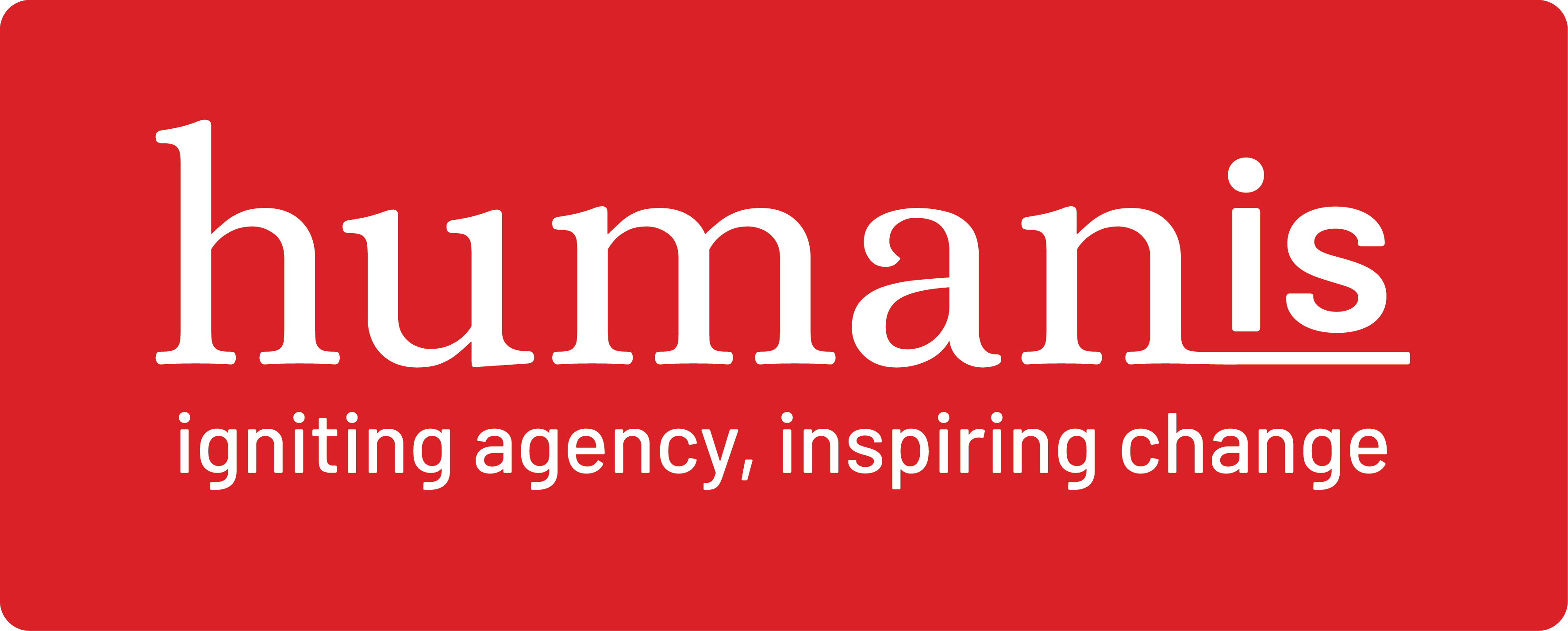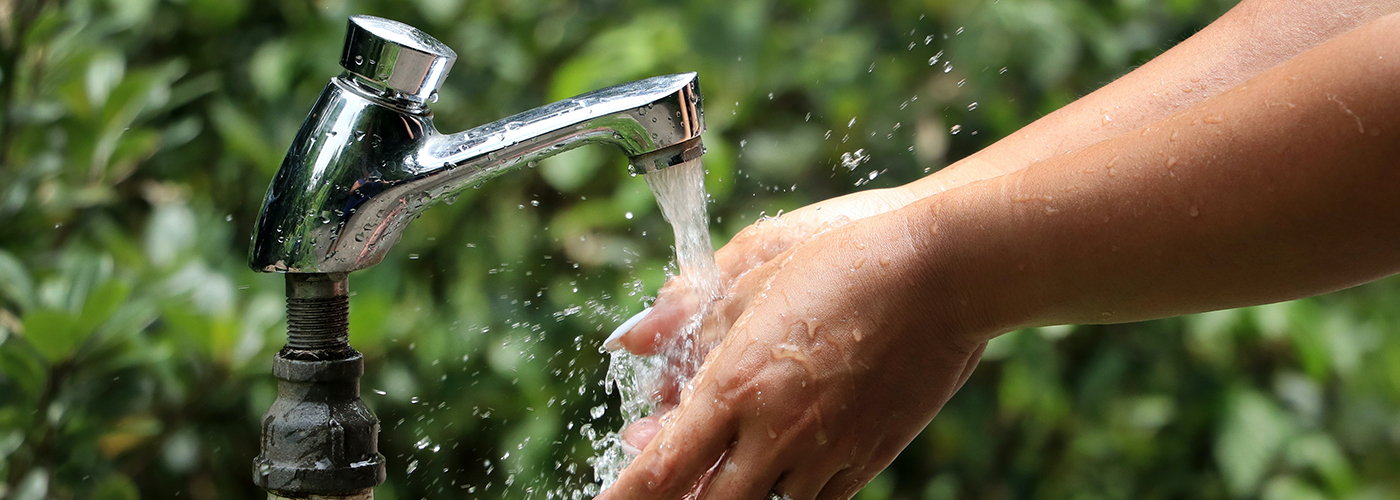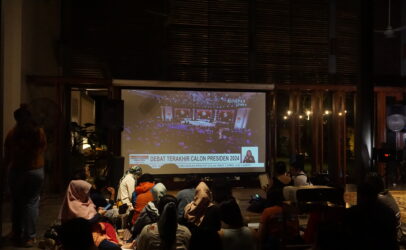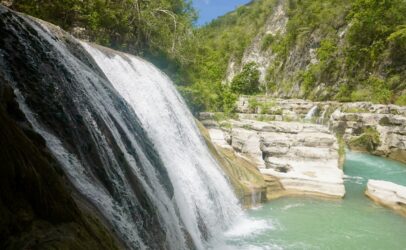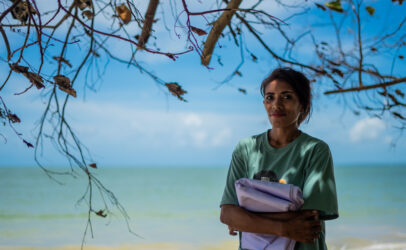Listen to the audio file:
Maria Tri Suhartini is a part and co-founder of “Pinilih” Disabled Persons Group in Sedayu District in Bantul Regency, Yogyakarta. Established on August 27, 2017, Pinilih strives to help disabled persons in Sedayu to be socially and financially independent. The group frequently holds various useful economic, social, and cultural activities for disabled persons and used a community library “Helicopter Gobook Maos” in Argosari, Sedayu as their regular meeting spot.
When IDEA brought the Open Contracting program to Pinilih, Maria couldn’t be more excited. The program focuses on promoting transparency in public contracts and Maria was grateful to see the program’s immediate benefits to her group.
“It was clear that after the program my friends started to think more critically,” Maria said. “They’re now able to quickly respond to an issue. They’ve become more confident. And they are no longer afraid to say what’s in their mind in village forums.”
After the Open Contracting program, my friends started to think more critically and are now able to quickly respond to an issue. They’ve become more confident and no longer afraid to say what’s in their mind in village forums
Being involved in the program gave Maria and her friends the opportunity to learn new things – from fundamental rights to public speaking skills so that they, too, could voice their aspirations as citizens.
“After meeting with IDEA several times, some of Pinilih members initiated a conversation with their respective village administrators and proposed some solutions to address our need for clean water,” Maria recalled.
To everyone’s credit, the village administrators were very welcoming and willing to be engaged in Pinilih’s programs. Today, Pinilih has a representative in each village in Sedayu.
Even now, although Covid-19 has caused face-to-face activities to be suspended, Pinilih has been carrying on with their programs. The key? Creativity. While physical meetings are not possible, text discussions are very much alive in WhatsApp groups. Pinilih also makes use of visual materials sent by IDEA.
“We can actually raise issues through village forums, through the development consultative forum, and village meetings. If Pinilih members are not yet a part of those forums, they can approach the person who heads the social welfare affairs in the village or the village secretary. There’s a different method in every village, depending on our relationship with village administrators,” Maria explained.
Once Pinilih has enough members who are empowered and confident enough to engage with village administrators, the group started looking outward. Together with IDEA, Pinilih engaged with other communities in different districts. On December 4, 2019, after meeting for several times, they agreed to form Paguyuban Tirto Wening, an association that communicates for clean water access to the further level.
Tirto Wening comprises three groups other than Pinilih: Jati Husada Mulya Association of Women Sellers of Herbal Drinks in Sedayu District, beneficiaries of Family Group social assistance programs in Kasihan District, and Public Budgeting Learning Center in Bantul Regency.
Tirto Wening is needed to communicate about clean water issues beyond village and district levels. As the regional drinking water company (PDAM) is operated by the regional government, these issues need to reach regency officials.
“After we formed Tirto Wening, IDEA gave us other trainings where we learned about clean water management,” said Maria. “We received multiple trainings until we felt ready to sit with the regency government.”
On February 14, 2020, just before the pandemic hit, Tirto Wening managed to have a hearing with the Bantul Regency government. Lina and Rita from Prima Village group in Dlingo District requested the expansion of water piping network by PDAM and PAMSIMAS or Community-Based Drinking Water Supply and Sanitation in four villages Dlingo District: Dlingo Village (Kebosungi I and Kebosungu II Sub-Villages), Terong Village (Rejosari and Terong II Sub-Villages), Mangunan Village (Gumelem Sub-Village), and Munthuk Village.
Meanwhile, Radinem and Milu from the poor women’s group of Kasihan District asked the government to increase the beneficiary quota of PDAM’s home water connection installation, targeting low-income families. They also asked PDAM to do periodical water quality tests and to announce the result. Lastly, they requested the Bantul Regency Government to urge PDAM to be transparent about the materials that have been used when installing water connections.
From Pinilih, Wahyu and Waris asked and reminded the officials about the importance of being fully transparent with PDAM’s tariff, especially when serving poor families and disabled persons as well as during installation. They also asked the regency government to have PDAM develop a special tariff for vulnerable groups and improve the company’s complaint handling SOP.
They proposed an additional subsidy quota for the installation to houses, conduct a clean water quality test and published the results, the importance of disclosing PDAM tariff especially for poor and disabled people, and setting special rates for vulnerable groups
As for Maria, she hopes Paguyuban Tirto Wening can reach more residents in Bantul. “Now that Tirto Wening understands how to communicate the community’s interests to stakeholders, I hope my friends can capture more of people’s aspirations and bring that to the government,” she said. “The association has been quite successful in raising the capacity of its members. It’d be great to make ourselves more beneficial for more people.”
